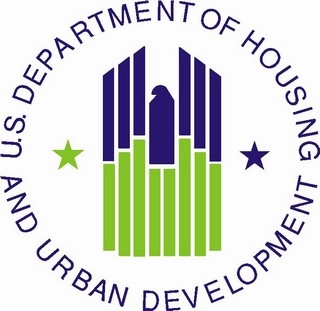Advertisement
HUD to Sell Thousands of Severely Delinquent Mortgage Loans

For the second time this year, the U.S. Department of Housing and Urban Development (HUD) will sell thousands of severely delinquent mortgage loans insured by the Federal Housing Administration (FHA) as part of a broader effort to address the housing market’s shadow inventory and to target relief to areas experiencing high foreclosure activity. This summer, HUD will sell approximately 20,000 distressed loans through its expanded Distressed Asset Stabilization Program (DASP) to increase recoveries to FHA’s Mutual Mortgage Insurance (MMI) Fund from non-performing FHA-insured loans, while contributing to stabilization and recovery in some of the nation’s communities hit hardest by the housing crisis.
Like previous note sales, HUD’s offerings will be conducted through two auctions – on June 26th, the Department will sell approximately 15,000 notes through ‘national pools’ and on July 10th will offer approximately 5,000 notes through Neighborhood Stabilization Outcome (NSO) pools. The NSO pools will offer qualified bidders notes located in the following areas: Southern California, Chicago, southern Ohio (including Cincinnati, Columbus and Dayton), and the entire state of North Carolina. HUD is expanding the use of single-family loan sales through a competitive bidding process in which loan pools are sold to the highest bidder, including non-profit and community-based organizations.
“We’ve seen a tremendous response to our note sales which allow us to support particular areas of our country hard-hit by foreclosures while improving outcomes for FHA,” said FHA Commissioner Carol Galante. “These auctions allow us to continue stabilizing hard-hit housing markets and to improve FHA’s overall financial position at the same time.”
Under this program, severely delinquent FHA-insured loans are sold competitively at a market-determined price generally below the outstanding principal balance. Once the loan is purchased, foreclosure is delayed for a minimum of six additional months, during which time the new servicer can work with the borrower to find an affordable solution to avoid foreclosure. These loans are purchased at market rate, which is generally below the outstanding principal balance, giving the investor the incentive to take additional steps to help the borrower avoid foreclosure, including modifications that may include reduced principal balances.
HUD expects to sell more than 40,000 distressed loans this year through quarterly sales that reduce FHA’s total claims costs and increase recovery on losses to FHA’s Mutual Mortgage Insurance (MMI) Fund.
About the author





